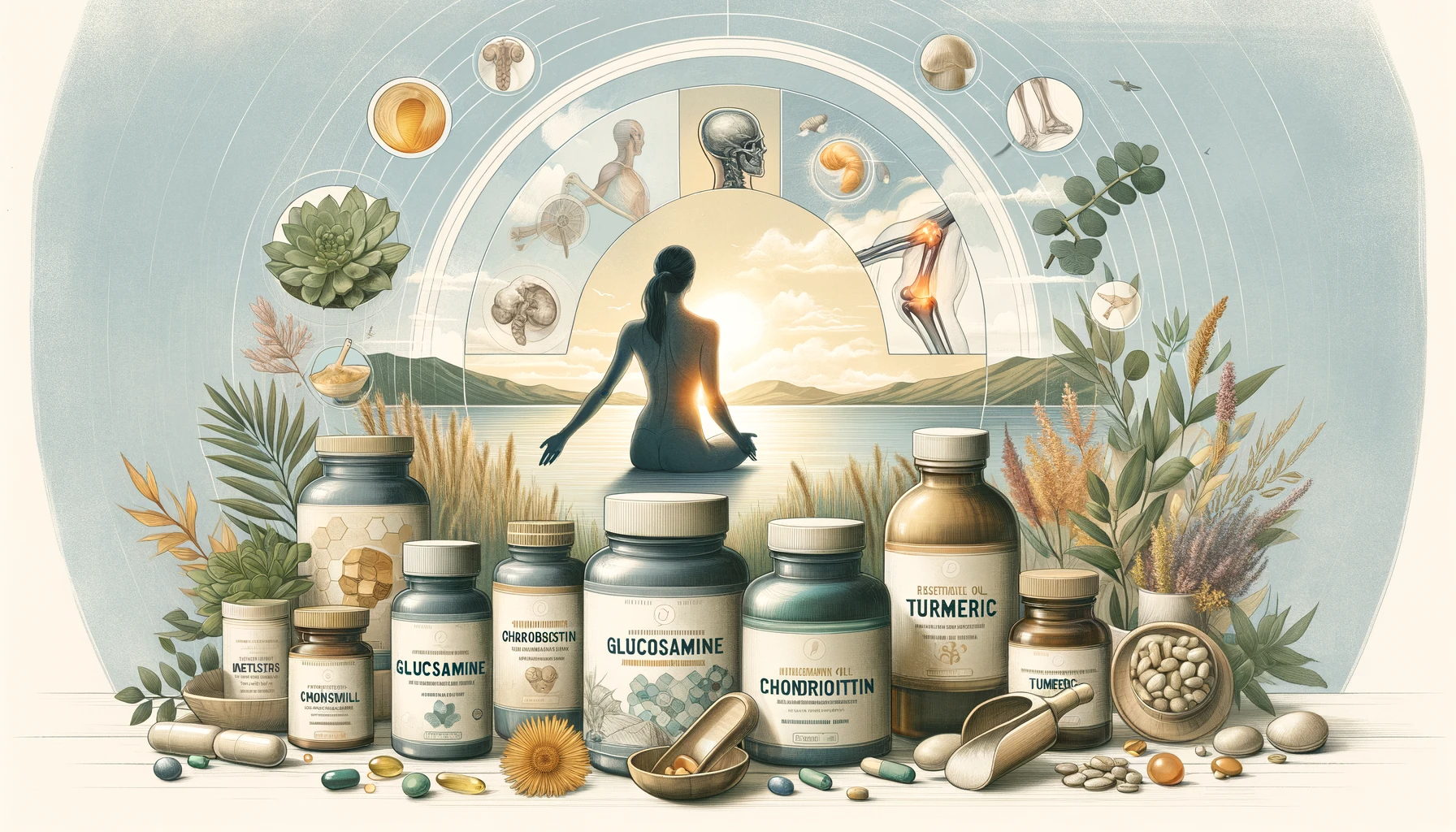Blood circulation is an overlooked topic for many of us. Since we don’t necessarily see blood everyday, and since it’s not always obvious when it isn’t functioning optimally, most of us go about our lives without thinking too much about the substance that runs through our veins. The circulatory system interacts with every other system in your body carrying cells, hormones, nutrients, oxygen and even waste products like carbon dioxide to be eliminated. In this article, we’re going to go through why it’s important to take care of blood circulation, and what you can do to improve it.
Brain function
Your brain is arguably the most important part of your body. If your brain doesn’t function properly, the rest of your body won’t be able to take in the signals that it’s trying to send to your organs and limbs. Vertebrobasilar circulatory disorders are conditions that limit blood flow to the back of the brain, and can cause serious problems like dizziness, confusion, intense headaches and memory loss. This is not a common issue of course, but proper blood flow will optimize brain function, keeping you feeling young and sharp as you age.
Energy Levels
Your organs are nourished by oxygen, vitamins, and nutrients from your blood. They need to have good and constant blood flow in order to do their jobs correctly. When everything flows smoothly, your energy lifts and maintains itself at a healthy level. Women who go through menopause especially have an issue with this, and in many cases, reduced circulation can lead to even greater problems for them.
Skin Appearance
The biggest organ in your body, your skin, constantly needs to rejuvenate itself and fight off bacteria. Having poor circulation can be apparent on the skin, causing unappealing acne and inflammation. Your skin also regulates body heat. The importance of blood flow to keep your skin in sound condition is critical.
Immune System
White blood cells are what help fight off infection and diseases and your blood carries them as part of the immune system. These cells may have a harder time being delivered without proper blood flow, and getting sick more often can be an unwanted consequence.
Water
Water is in many cases a base solution to fix problems in the body. Since we are mostly made of H20, drinking (a reasonable amount of) water is only going to improve your health. Studies found that water deprivation has a negative effect on proper circulation. To break it down simply, about half of our blood is composed of a substance called plasma. Plasma is what carries your blood cells to your organs and body, and is composed of 92% water. Your cells need to be properly hydrated for plasma to do its job well, and for your blood circulation to be on point. Men should try to drink around 3.7 liters of water per day and women should shoot for roughly 2.7 liters. Having trouble drinking that much?
Massages
Multiple studies have shown that massage therapy increases blood circulation in the body. Many of them tend to show that either massaging with or against the grain of the muscle increases blood flow. Many studies focused on massages from the knee down, since many people experience low circulation in their feet. Massaging increases oxygen and blood flow to muscle tissue. Cupping therapy is also a pretty neat way to remove toxins from your organs and skin. It improves microcirculation from the concentrated area and promotes cellular repair that normalizes a person’s functional state.
Nutrition
There are three main components to improving blood circulation with nutrition. Firstly, we want to reduce inflammation in the body to prevent plaque build up and narrowing of the arteries. Secondly, our blood should not be think but liquid, we want to reduce its viscosity. Thirdly, we want to make sure that our arteries function properly, that they dilate and contract as needed and keep their flexibility. Garlic cleanses the blood and helps prevent plaque build up. Cold-water fish helps thin out the blood and reduces inflammation. Nuts in general are great because they helps improve artery function and flexibility. Beets, being rich in nitrates, reduces blood pressure and encourages blood flow. These are just a few examples of a long lost of healthy foods you can choose from!
Exercise
Breaking a sweat gets your heart pumping and your blood flowing. This is probably one of the most effective ways that you can boost your body’s circulation: by actually moving it yourself. Think about a still water bottle full of orange juice. What happens to the juice when you start tossing the bottle back and forth? Exactly. The same thing happens in your veins when you dance, walk, run or swim. Get moving, and you will instantly feel your blood flowing and working to keep you oxygenated throughout your workout.
Cold Showers
Yikes. We know it doesn’t sound like fun (let’s be honest, it’s not fun at all), but cold showers are a very effective way to help with circulation. When cold water hits your skin, your blood starts circulating quickly to help maintain your temperature. It rushes around your vital organs to ensure heat for optimal function. See for yourself; you’ll come out of the shower feeling calm and rejuvenated!
Proper blood flow is essential in feeling your best. Reduced circulation can lead to uncomfortable symptoms like headaches, dizziness, cold feet and hands, fatigue and swelling in the joints. Taking a holistic approach to our health is great because when we lift up our general health, we impact more than one area that needs support, we boost our whole system and therefore feel better overall.





